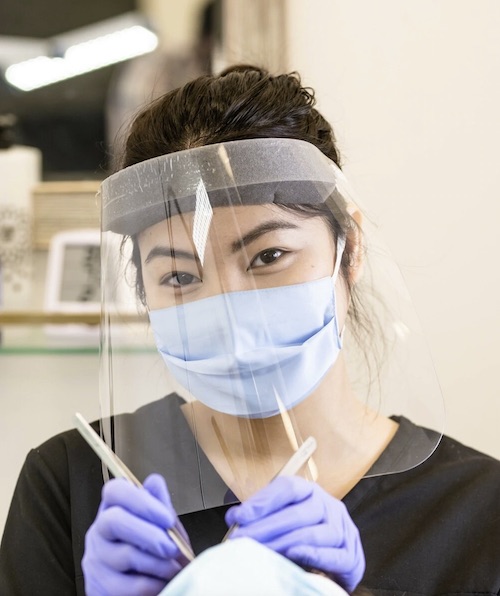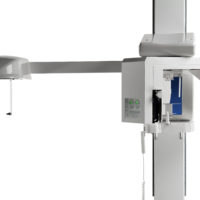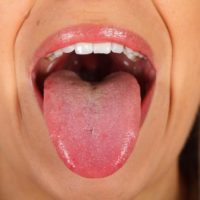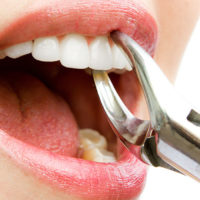It might not be breaking news to this blog’s readers, but healthcare jobs have a bright horizon as far as future prospects are concerned. Among earners of all wages, three of the fifteen fastest-growing job sectors in the country, according to LinkedIn, are within the health realm. What might be surprising, however, is how much more widespread that market reach is likely to become in the U.S. over just the next three years. A January-released report from the financial industry analyst firm GOBankingRates (using data from CareerBuilder) revealed that health-related jobs are forecasted to have the highest growth rate among higher earners in no fewer than 22 states through 2023.
Within that vast array of potential careers—from physicians to occupational therapists, researchers to support staff—one sector on a particularly marked ascendance is occupied by dental hygienists. A recent US News & World Report overview named it the fifth best healthcare support job, and among the forty best jobs in the country in terms of salary, future markets, and work-life balance. The Bureau of Labor Statistics estimates 5.9 percent employment growth in that field between 2019 and 2029, or 13,300 new jobs, with a median annual wage of $76,220 in 2019. Meanwhile, according to The Pennsylvania Department of Labor and Industry, the number of dental hygienists in The Keystone State is expected to complete a rise from 8,470 in 2012 to 9,800 by 2022.
Like dentists, dental hygienists—who engage in duties from examinations to teeth cleaning and gum care, from supporting the dentist during procedures to nutritional and home care counseling—are relegated and licensed by the Pennsylvania Department of State’s State Board of Dentistry. Requirements for licensure in the State (they vary nationwide) include completing an associate or bachelor’s-level degree in dental hygiene, passing both the National Board Dental Hygiene Written Examination and The State Board of Dentistry’s Regional Clinical Examination, as well as applying for and obtaining a Dental Hygienist License and a Dental Hygiene Local Anesthesia Permit. Job opportunities that extend to personal care homes, federal health centers, and public and private educational institutions require applying for additional certification as a Public Health Dental Hygiene Practitioner. (See https://www.dentalcareersedu.org/pennsylvania/pennsylvania-dental-hygienist/ for a complete list of requirements.)
This might seem a daunting list of hurdles, but, as with just about any professional certifying process, they happen in logical stages. Licensure can be completed in as few as two years, and a great start is exploring dental hygienist programs at one or more of the US Department of Education-recognized colleges in Pennsylvania. The reward, in the end, is a vocation that blends satisfaction (84%, according to a 2015 Registered Dental Hygienist Magazine study), a high degree of schedule flexibility, robust advancement opportunities, and the ability to make an immediate and enduring impact on patients’ health.







